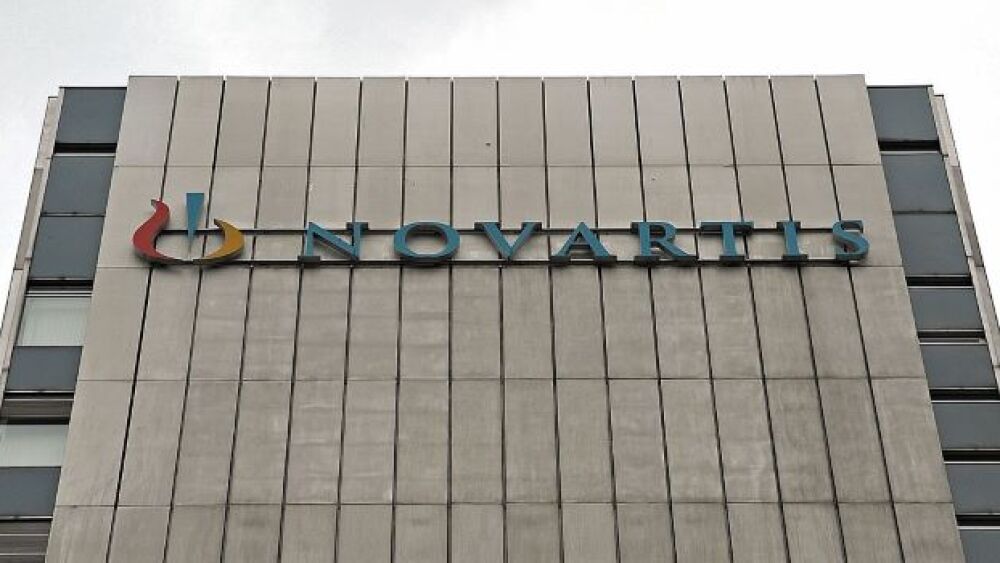Novartis reported that its Kymriah failed to hit its primary endpoint in the Phase III BELINDA trial in aggressive B-cell non-Hodgkin lymphoma after relapse or lack of response to first-line treatment.
The Novartis Kymriah couldn’t hit its primary endpoints. (Harold Cunningham/Getty Images)
Novartis reported that its Kymriah (tisagenlecleucel) failed to hit its primary endpoint in the Phase III BELINDA trial in aggressive B-cell non-Hodgkin lymphoma (NHL) after relapse or lack of response to first-line treatment. Kymriah is the company’s CD19-directed CAR-T therapy, which is approved for patients up to 25 years of age with B-cell precursor acute lymphoblastic leukemia (ALL) or adults with relapsed or refractory large B-cell lymphoma.
The primary endpoint of the BELINDA trial was event-free survival (EFS) compared to treatment with the standard-of-care (SOC). In this case, SOC was salvage chemotherapy, with patients who responded then were treated with high-dose chemotherapy and stem cell transplant.
“Patients with aggressive B-cell non-Hodgkin lymphoma who are refractory to first-line treatment are vulnerable and we are disappointed that the BELINDA study did not meet its primary endpoint in this setting,” said Jeff Legos, executive vice president, global head of Oncology and Hematology Development for Novartis.
Legos added, “Kymriah continues to demonstrate durable responses for patients with certain advanced blood cancers in the third-line setting. We remain committed to accelerating development of Kymriah and our next-generation CAR-Ts and anticipate sharing early clinical results for these therapies at an upcoming medical meeting.”
About Kymriah’s BELINDA Study
CAR-T (chimeric antigen receptor T-cell) therapy is where T-cells are isolated from a cancer patient, engineered in the laboratory by adding a gene for a chimeric antigen receptor (CAR), grown, and infused back into the patient. There, they become a sort of living therapy highly tuned to attack the patient’s cancer. Kymriah was the first CAR-T therapy to ever be approved and is available in 30 countries and 330 certified treatment centers. Novartis also has seven CAR-T manufacturing sites around the world, including both Novartis-owned facilities and contract manufacturing sites.
Because CAR-T therapies have high risk of cytokine release syndrome (CRS), the so-called “cytokine storms,” as well as neurological toxicities, they are only available via special Risk Evaluation and Mitigation Strategy (REMS) programs, in the case of Kymriah, called Kymriah REMS.
The BELINDA study enrolled patients from more than 73 locations in 18 countries. The primary endpoint, EFS, was defined as the time from the date of randomization to the date of the first documented disease progression or stable disease at or after an assessment at week 12 or death at any time. Secondary endpoints included EFS as assessed by local investigator, overall survival, overall response rate, duration of response, time to response and safety.
There were no new safety signals.
“We were hopeful the BELINDA study would show that Kymriah could improve outcomes and the overall treatment experience for these patients in need,” said Michael R. Bishop, professor of Medicine and director of the Hematopoietic Stem Cell Transplantation Program, University of Chicago Medicine and BELINDA Steering Committee Chair. “The study investigators will work together with Novartis in the coming weeks and months to understand the factors that contributed to this outcome.”
Laurent Flamme, an analyst with ZKB, wrote in a note to investors, “With a positive outcome, the consensus for peak sales would probably have gone above $2 billion from currently a little over $1 billion. With the approved indications, however, $1 billion in peak sales is still possible.”





